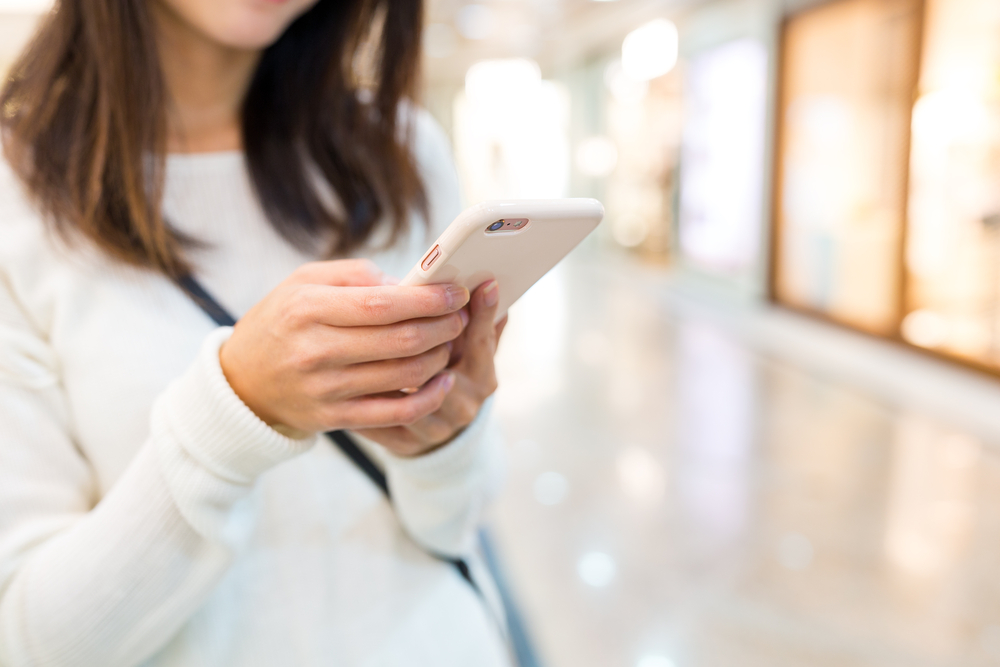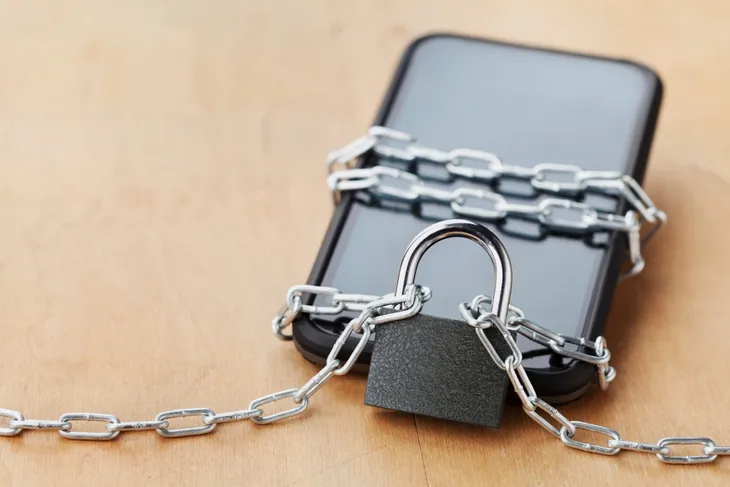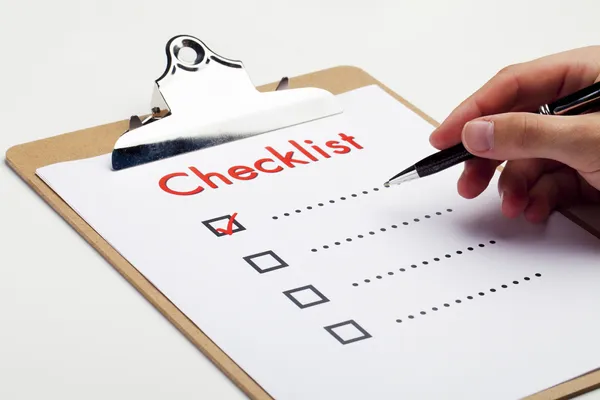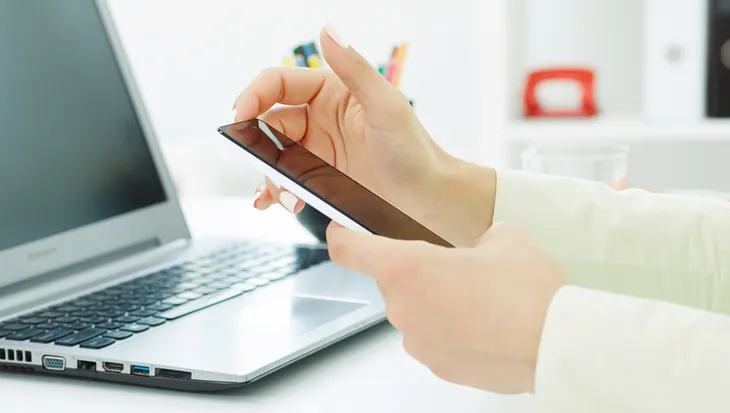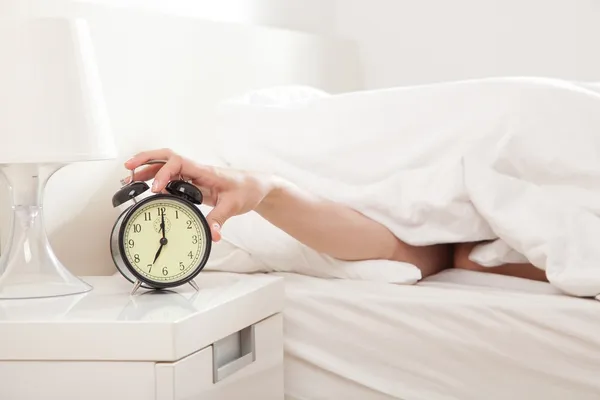With so much emphasis placed on detoxing your body (which is not really a thing), how about focusing more on getting less of the screens in front of you all day? Research has shown that constantly being plugged in to our devices can have negative mental and physical effects, but yet we continue to do it every day.
This is not to say you should stop using digital devices altogether – after all, that would mean you probably wouldn’t be reading this. But cutting down on screen time and bulking up in other areas of your life can have real benefits. Let’s take a look at 13 ways to detox from the digital dungeon…
1. Out of Office, Out of Mind
One of the hooks of digital connection is constantly being available, and for people thinking they can reach you at any time of day or night. However, you don’t have to disappear into the abyss if you decide to unplug for a couple of days; you just have to set up a virtual receptionist to field your messages.
Shape.com calls these “digital safety nets,” which includes telling close friends and family that you’ll be unreachable digitally for a few days. You can also alert your network ahead of time that you plan to step away from screens, and you should set up an “out-of-office” message saying you’ll be away and back on a certain day. If there’s really an emergency that needs tending to, choose someone trustworthy to track you down.
2. Take a Digital Inventory
The Telegraph in the UK notes you should make 2-lists before committing to a digital detox – 1-of those lists should be a list of all your digital gadgets, from smartphones to tablets to e-readers.
The other list should be a list of things you enjoy outside of the digital world, whether it’s going for hikes, or dining out with a friend. This will help you identify things you actually love doing, which you could be doing more of if you aren’t constantly glued to social media, it adds.
3. Put Notifications on Notice
You’re walking down the street or waiting in your dentist’s office, and you feel a buzz in your pocket. The urge to check it is almost overwhelming – but what if you don’t have that notification in the first place?
Wired says you should turn off all of your “push notifications,” which are messages that pop up from activity within an app like Facebook. You can go into each app or into your phone’s settings and turn off all these unnecessary updates, leaving you with just text messages and phone access.
4. Allow a Bit of Cheating
Think of a digital detox like a diet – a little indulgence won’t break it completely, and could help curb your desire to ditch the diet altogether. The Telegraph calls peeking at your phone during a detox an “allowance,” meaning you set a certain amount of time each day for web surfing. “If you establish a maximum daily time allowance for your devices then you will be more likely to stick to your detox,” notes the source.
Meanwhile, not retreating into your phone as much almost forces you to deal with real life, and you may be “encouraged to enjoy social interactions in person rather than through a screen,” it adds.
5. Detox Gradually
If you’re addicted to something – in this case your phone – going cold turkey is not usually the best approach. The same source says you can ease into a digital detox by changing 1-behavior at a time.
For example, you could start by not bringing your phone to the dinner table, or leaving it in your pocket turned off when you’re dining out with friends. Then you could turn off notifications after a certain time of day (like when you’re getting ready for bed). “Keep going like this, eliminating your dependencies incrementally, until you feel more in control,” it suggests.
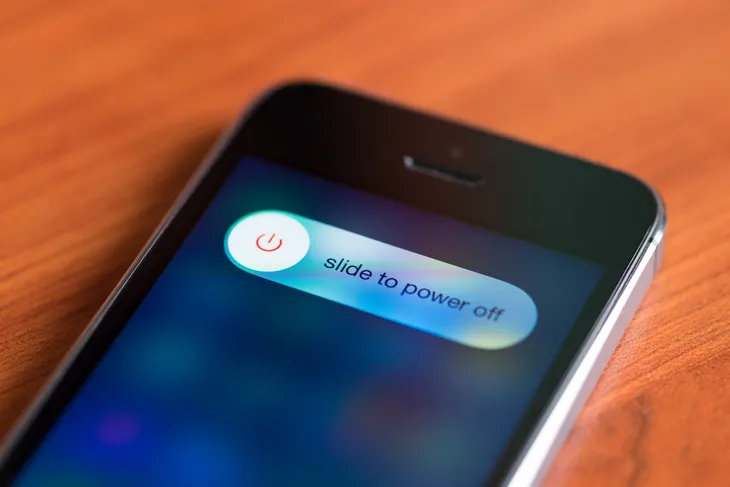 / Shutterstock.com
/ Shutterstock.com6. Find a Detox Buddy
If you’re looking to make a positive change, like hitting the gym a few times per week or going out walking after dinner, then having someone with the same goal to keep each other on track is ideal.
The same applies to digital detoxing – find a friend who is also interested in stepping away from their gadgets for a bit, and motivate each other by meeting up for coffee and some face-to-face conversation. Of course, you shouldn’t text or Facebook message each other constantly to ask how the detox is going.
7. Don’t Fear the FOMO
A big reason people can’t step away from their electronic devices is their fear of missing out (otherwise referred to as FOMO). What if there’s a party happening that you’ll miss, or a limited sale at your fave shop?
Shape.com says you should tell yourself, “Wherever I am is exactly where I need to be.” That means if you’re lying in bed, then that’s probably right for you in that moment. You can’t be everywhere all the time, and thinking you should be will probably only heighten your anxiety.
8. Establish a Reason to Pull Out Your Phone
Psychology Today says we often pull out our phones out of habit, with no real goal other than perhaps to pass time, check the time, or avoid talking to an annoying person. This can lead you down the rabbit hole of checking notifications.
By pushing down the urge to use a phone as a “security blanket,” you can learn how to be more present and grateful for the moment you’re in whether you’re alone or with a group of people, it adds. Of course, if you need to use your phone for directions if you’re lost, or call someone with important news, go for it.
9. Use a Real Alarm Clock
For many of us, our connection to the electronic world begins as soon as the alarm goes off in the morning – because many people use their smartphones as an alarm clock. Then you have to reach over and either hit snooze or turn off the alarm, and the next thing you know, you’re checking someone’s band photos from the night before.
Shape.com says in 2012, 50-percent of Americans surveyed by Qualcomm reported sleeping next to their devices (that number is surely higher now). Try getting a real alarm clock or set it to “radio” mode, so you hear news or music in the morning to help rouse you rather than engaging someone on social media. As an added bonus, leave your phone out of reach when you enjoy your coffee and breakfast.
10. Don’t Engage in Arguments Online
There’s a now somewhat dated article from Lifehacker that says you won’t win an online argument – and the same is surely true today. It’s happened to the best of us – you see an opinion from someone you deem ignorant that needs correcting, and the next thing you know you’ve lost an hour of your day debating with someone who is just making you angrier.
The source calls it the “backfire effect,” which may be due to the fact you “spend much more time considering information you disagree with than you do information you accept.” It could be from evolutionary roots – when you needed to address something negative for survival, it adds. Without getting too far into that theory, know that you probably won’t change anyone’s opinions by shouting at them digitally, and you’ll be losing time you could be out taking in a sunset.
11. Leave Your Devices at Home
This may seem so alien and unintuitive in today’s world – what if you get lost? What if your car breaks down? What if there’s someone wearing a tutu dancing in the middle of town square you need to Instagram immediately?
However, amazingly, people were able to survive and thrive outside of their homes long before smartphones came along. This also holds true for “needing” music via headphones when going out for a jog (good for you for jogging, by the way). “Rather than thinking life without your iPod is boring, get used to listening to birdsong when out on a run,” says the Telegraph. If you really don’t feel secure without your phone if you’re going out alone, at least turn off all notifications, or turn the device off altogether.
12. Have Alternatives Ready
The urge to check your devices will be strong – especially at the beginning of the detox. Let’s not kid ourselves here. But if you’re “prepared for temptation,” as Shape.com puts it, then you can find healthy alternatives to giving in to the digital draw.
It says you should have your fave magazine or a book at the ready to turn to if an urge to go online strikes. Or, just be prepared to go out for a walk instead to observe your surroundings. “When you are fully present in the moment, you’ll feel more thoughtful, your stress levels will dial down, and you’ll develop stronger relationships as you chat with friends and family,” it adds.
13. Get The Real Thing Instead
The same source says you should identify what you like most about social media and what keeps you there – perhaps you love looking at art, for example. “If you’re inspired by artistic photos on Instagram, visit an art gallery with a friend,” it suggests.
If you love watching someone’s gym progress, join a gym and create your own real-life fitness story. Instead of snapping photos of a sunset to share with all your followers for the sake of “likes,” try snapping a mental picture of it just for yourself, it adds. “Science shows that when you engage with a moment with all of your senses, you’ll be more likely to remember it later on,” says Shape. If you’re addicted to dating apps… well, we can’t say much for that, other than maybe find some singles clubs in your area.
